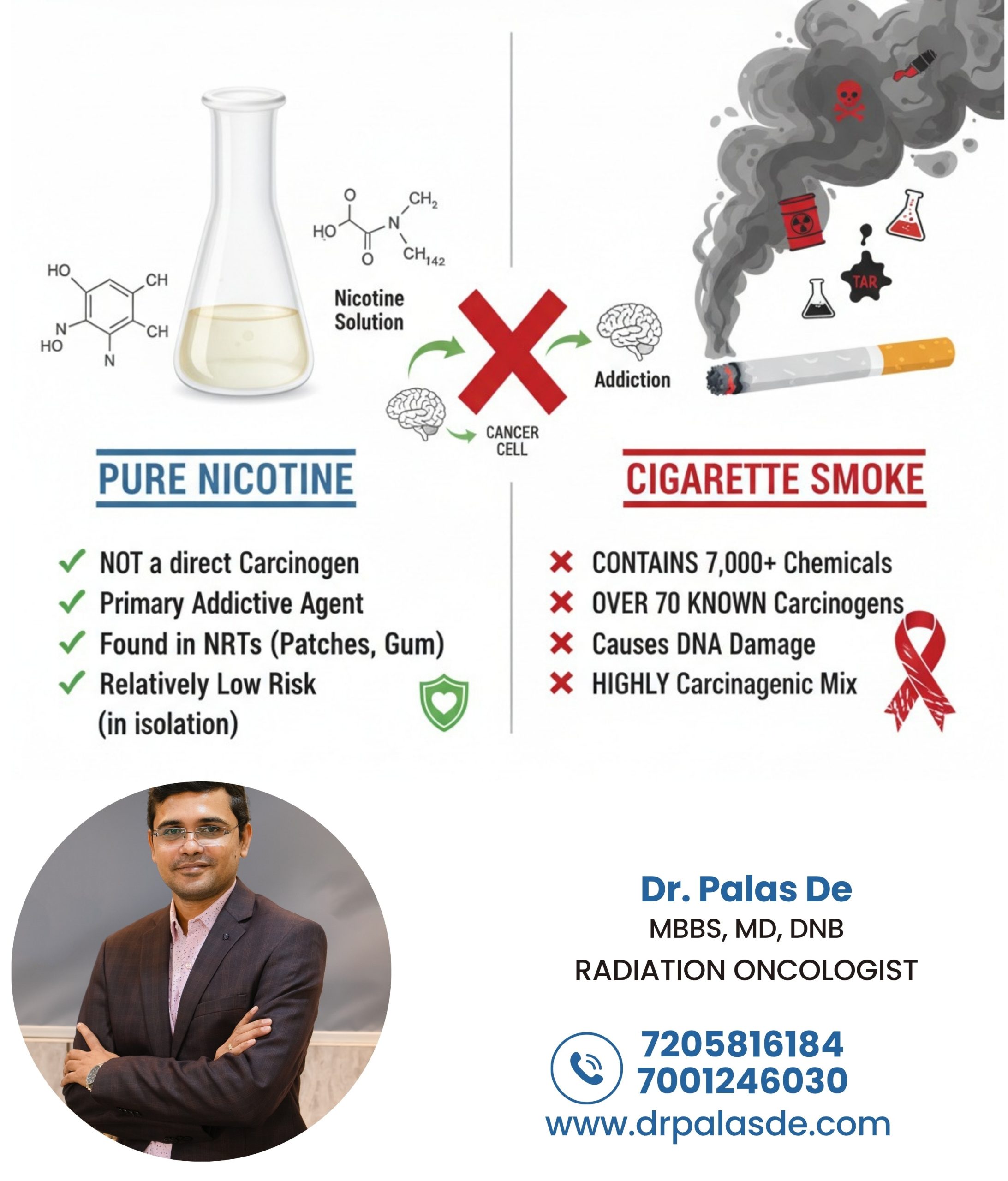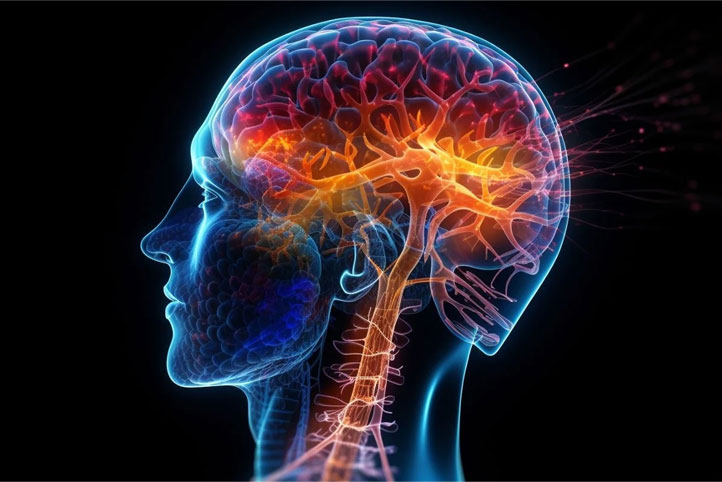

Dr. Palas De
M.B.B.S, MD, DNB
Radiation Oncologist
Menu

M.B.B.S, MD, DNB
Radiation Oncologist
Home » Knowledge Center » Promising Alternative Therapies for Cancer Treatment

Traditional cancer treatments, such as surgery, chemotherapy, and radiation therapy, can be effective in shrinking tumors and killing cancer cells. However, these treatments can also have side effects, such as nausea, vomiting, hair loss, and fatigue.
There are a number of alternative therapies that have shown promise in treating cancer. These therapies are not a replacement for traditional cancer treatments, but they may be able to help improve the quality of life for people with cancer or may be used in conjunction with traditional treatments.
Here are some of the most promising alternative therapies for cancer treatment:
It is important to talk to your doctor about any alternative therapies you are considering. Your doctor can help you decide if an alternative therapy is right for you and can help you manage any side effects.
Remember, you are not alone. There are many people who are fighting cancer, and there are many effective treatments available. With the right treatment, you can live a long and healthy life.








M.B.B.S, MD, DNB
Radiation Oncologist